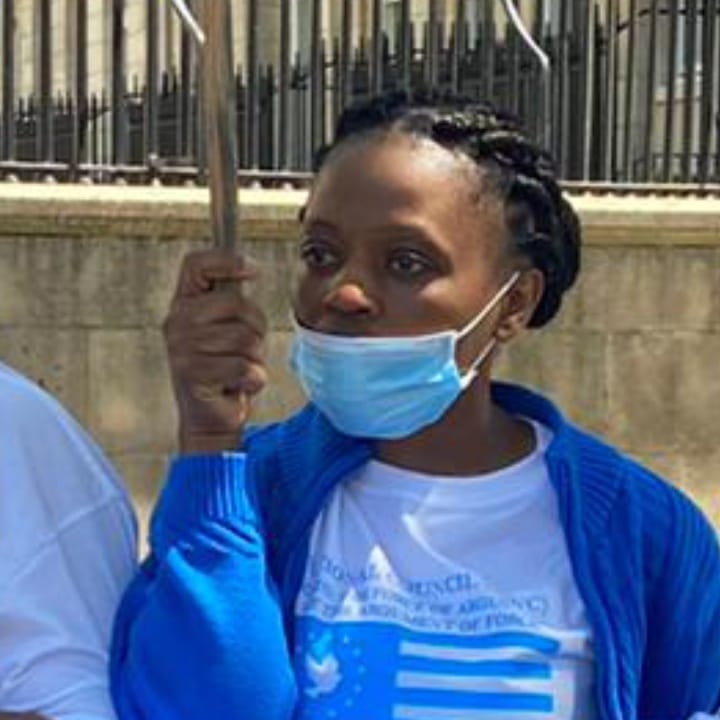Humanitarian relief efforts of SCNC-UK
On the 20th of March 2021, the SCNC community of the United Kingdom consented to commence an initiative that will send humanitarian relief to victims of the ongoing genocidal conflict between Southern Cameroons and the Republic of Cameroon. In stepping out to reach victims of the war at the frontline, we had to find ways to defy the odds of insecurity and uncertainty, as well as the fact that all activities that are linked with the SCNC have been banned by the authorities of Cameroon; given that the movement advocates for the unconditional restoration of the independence of Southern Cameroons.
This initiative was regarded as a bold step at a time when the conflict was going through its bloodiest years. This did not go unnoticed as the crisis topped the Norway Refugee Council’s list for 2018 as the most neglected crisis in the world. Subsequently ranking amongst the first three in the following years makes it a call for concern and emergency response. This conflict has brought about so much pain and suffering that it has become so uncomfortable for us to assume the position of spectators. The one way we can contribute to potentially keep the hope of our people alive is to identify with them during these difficult and uncertain times.
From the very first day that the activity was launched, we have actively been seeking ways to be of help with every given opportunity, taking serious cognisance of the plight of our people and doing our best to give back to the vulnerable in our communities. As the conflict escalates, more are becoming victims and the growing humanitarian need is significantly overwhelming. Recent statistics from Human Rights Watch has revealed that over 700,000 have been internally displaced, and at least 2.2 million people need humanitarian aid.
The humanitarian situation is increasingly worrying as brutal and abusive military raids have forced thousands to flee and seek for refuge in bushes with no access to shelter, food, or basic healthcare. Reaching them has proven extremely challenging as the Cameroonian authorities have put in place unrealistic procedures. We have not been able to adequately access their needs as communicating and reaching them is practically impossible given the worsening situation of violence, human right abuses perpetuated by the Cameroonian military and the ban of any activities in connection with SCNC.
It has been recorded that in 2020, the Cameroonian authorities suspended all activities of Doctors Without Borders, accusing them of collaborating and treating separatists. In the same manner, violence and human right abuses have been reportedly committed against humanitarian aid workers who were trying to bring relief to the civilian population.
So far, we have three orphanages that we are currently supporting with food banks. We visit them from time to time with foodstuffs for over 400 children. For safety purposes of our team in Southern Cameroons as well as that of the officials and orphans, we shall not disclose any videos or any form of personal information that will endanger their lives given the current circumstances of the ongoing genocide.
Moreover, we have been able to financially support medical emergencies of individuals who needed urgent specialist treatment and surgical interventions. Also, we provided financial assistance to empower a widow and her four children. She was able to set up an income generating activity for family subsistence.
While waiting for a solution to the crisis, we are calling on the international community to take actions that will facilitate ceasefire and initiate peace talks and dialogue between the Republic of Cameroon and Southern Cameroons, to address the growing humanitarian crisis.
Rebuilding hope, one person at a time.
By Dorothy Arrey
Freedom fighter and Humanitarian Lead
Follow on twitter for more at Dorothy Arrey

